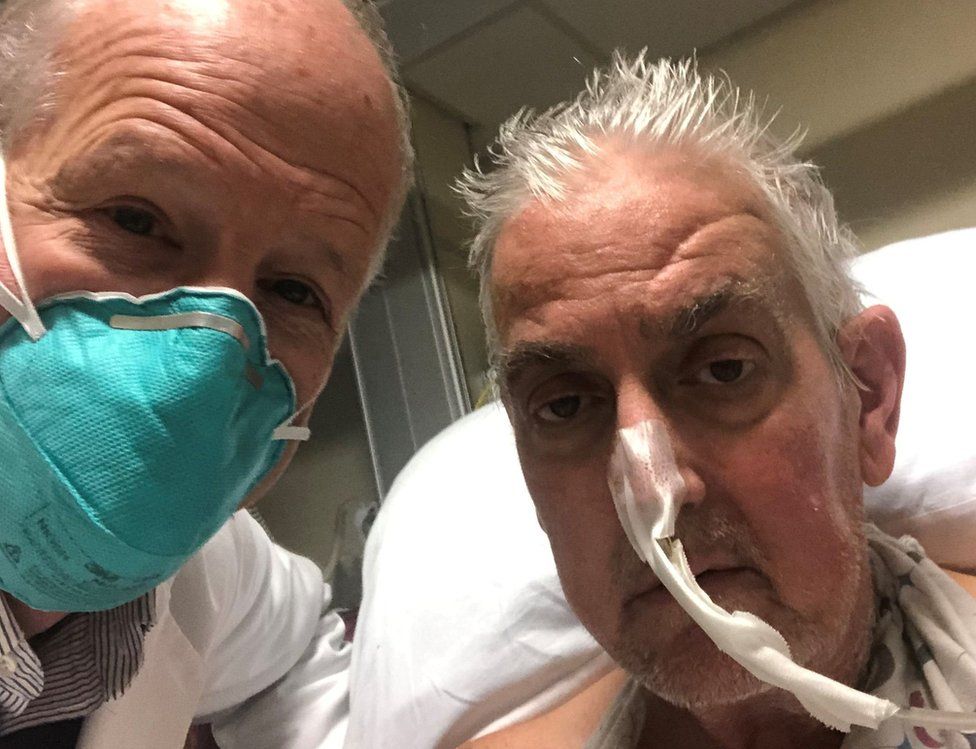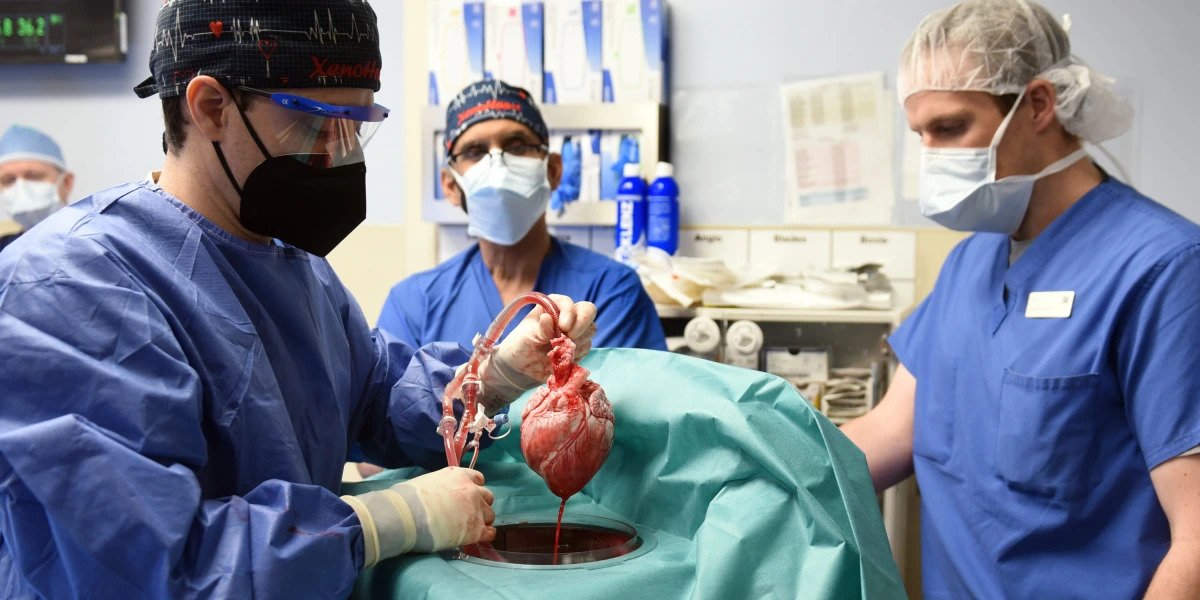Researchers successfully transplanted genetically modified pig hearts into two recently deceased people connected to ventilators, the New York University team announced on July 12, 2022. The surgeries were the latest step forward in the field of animal-to-human transplants, or xenotransplantation, which has seen a flurry of successes so far this year — raising hopes for a new, steady supply of organs to ease shortages.
What Was The Goal Behind Such Transplants?
“Our goal is to integrate the practices used in a typical, everyday heart transplant, only with a nonhuman organ that will function normally without additional aid from untested devices or medicines,” said Nader Moazami, director of heart transplantation at the NYU Langone Transplant Institute.
So How Did The Hearts Function?
The team performed the transplants on June 16th and July 9th, and each recipient was monitored for three days. In that time, the hearts functioned normally, and there weren’t signs of rejection from the recipients, who were connected to ventilators to keep their body processes functioning semi-regularly, even after death.
Where Did The Hearts Come From And How They Were Modified?
The two pig hearts came from biotechnology company Revivicor, which produces genetically modified pigs (and also funded the research). The pigs had 10 genetic modifications — four to block pig genes and prevent rejection and six to add human genes.
This Was Not The First Instant Of Xenotransplantation

A living person was also successfully given a pig heart, also produced by Revivicor, in early January at the University of Maryland Medical Center. David Bennett Sr., who had severe heart disease, initially responded well to the transplant but died in March of heart failure. The specific cause is still unknown, but infection with a pig virus may have contributed to his death.
So How Does The Future Of Xenotransplantation Look Like?
There’s still a lot to learn about xenotransplantation and a lot to figure out about the ethical implications of animal-to-human procedures. But if they work, they could offer a new option to the thousands of people on wait lists for organs.
“Xenotransplantation, I believe, offers the best chance for a renewable, sustainable source of organs so that no one will have to die waiting for an organ,” said Robert Montgomery, the director of the NYU Langone Transplant Institute, said during a press briefing.





